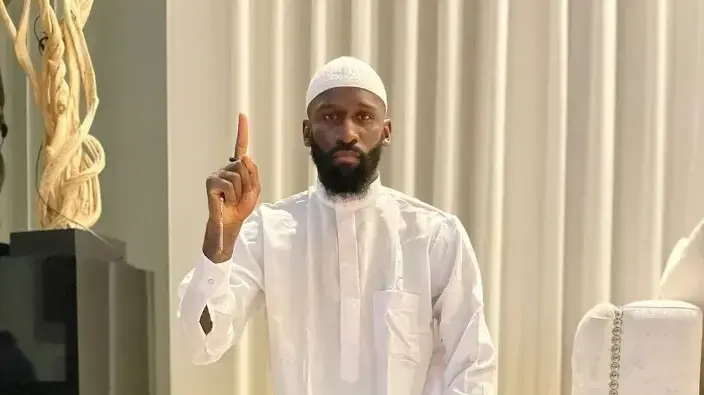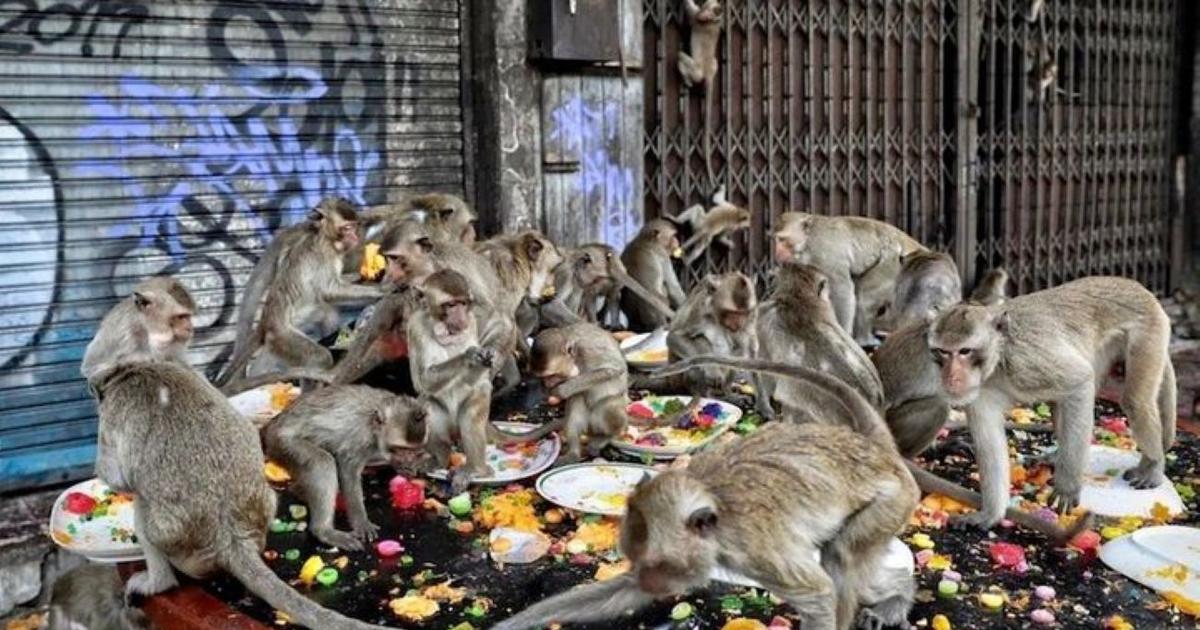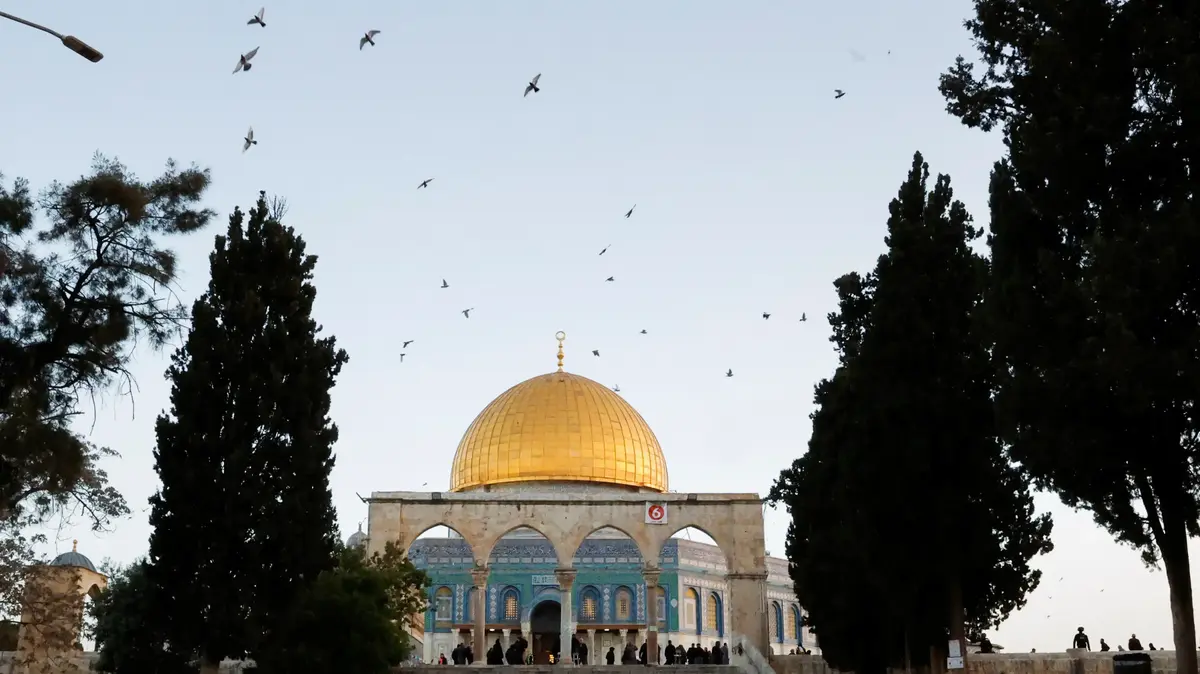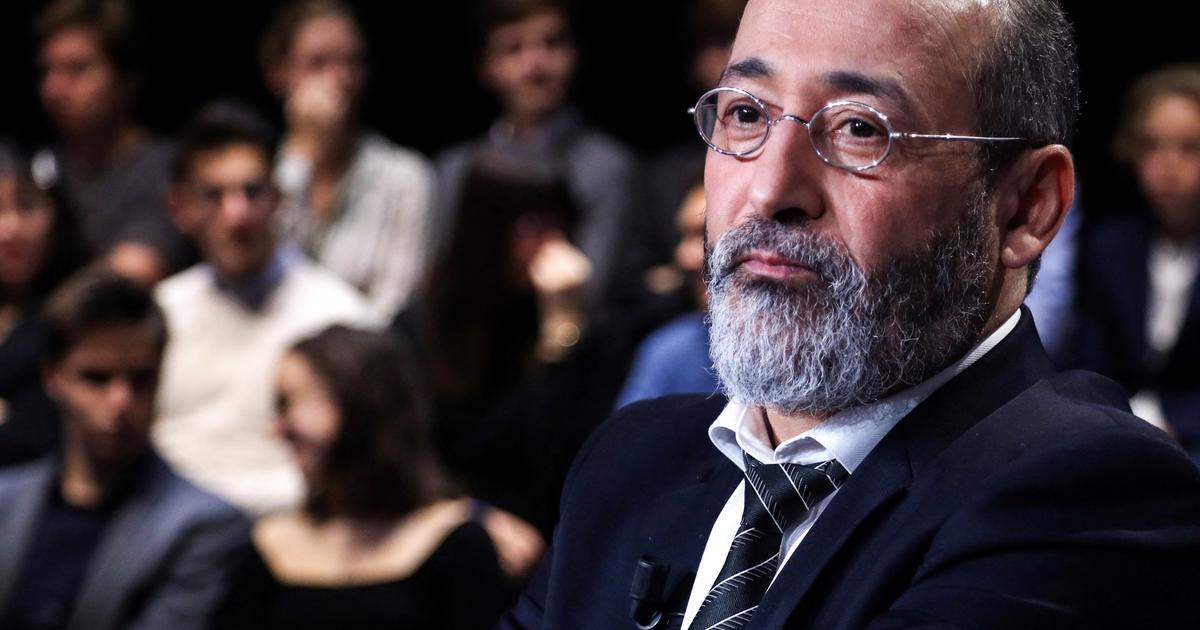The research begins with the translator in the car casually saying that three days earlier a car bomb had exploded a few hundred meters from her house.
She just put her son to bed and read him a bedtime story.
It was eight o'clock and there was a bang, as if someone had slammed a door very loudly.
The son, four years old, asked: Was that a ghost?
And the mother, translator, Muslim, member of a minority in Thailand, did not answer with the truth, but she said: maybe it was a ghost, or maybe a truck tire blew out.
Because how do you explain to a four-year-old a conflict that he will inherit that kills people.
Who scares his mother.
Which adults have not been able to solve for decades?
The conflict in question, in the south of Thailand, is more than seventy years old and at the same time very topical, with every new car bomb that explodes, with every additional person who is tortured, traumatized or killed.
A conflict that is not resolved does not go away.
He keeps breaking up.
The more conflict feels like it's always been there, the more absurd the idea of peace feels.
But not for two women.
Somjai and Ankhana.
They fight, each in their own way, for reconciliation.
This story is about them.
The conflict
Armed separatists and the Thai military are fighting in Thailand just before the border with Malaysia.
The rebels are demanding independence for the three provinces of Pattani, Yala and Narathiwat.
It has a predominantly Malay-Muslim population, in contrast to the rest of Thailand, which is predominantly Buddhist.
The population there was annexed to Thailand at the beginning of the 20th century and has felt oppressed ever since.
The official language is now: Thai.
The tax money: distributed by the central government in Bangkok.
Many Muslims in the south feel robbed of their culture, their language, their voice.
The violence last escalated in 2004.
Militant separatists carried out massive terrorist attacks, and Thai security forces responded with violence.
Since then, more than 7,000 people, mostly civilians, have died and 10,000 have been injured.
There is still a state of emergency today, the Thai state can arrest suspects for up to seven days without justification.
The rebels, for their part, continue to work underground.
Organizations accuse the Thai military of committing human rights violations.
Torturing people in prisons or making them disappear.
At first glance, Pattani is a city with a normal everyday life.
In which early in the morning the fishermen bring their catch from the Gulf of Thailand to the port, in which canals run through the city, restaurants are on their banks.
Where children walk the sidewalks in their school uniforms in the afternoon and get a soda from the kiosk.
On the streets you meet women with headscarves on their way to the market and men who take off their shoes in front of the mosques.
There are many mosques in the city, Muslim life characterizes everyday life, which distinguishes the place from other cities in Thailand.
The place names are written in Thai, but sometimes you can see a second writing next to it, in Jawi, the local language of the Malay-Muslim population,
You can see how tense the security situation is when you drive your car on the wide streets, for example.
Then you have to pass a checkpoint of the Thai military every few hundred meters and soldiers with long weapons on their belts.
Or you can visit the Krue Se Mosque, the site of the 2004 massacre between militant rebels and the military;
You can still see the bullet holes from back then.
Or you go to the place next to the gas station, where this car bomb recently exploded, shattering the windows of the surrounding houses, turning the garden into a crater of devastation.
All memorials of violence that can escalate at any time.
Somjai Chuchart
The woman crossing the ditches is called Somjai Chuchart and is the mayor of a village called Ban Nok among banana plantations not far from Pattani.
She has held the post for 17 years and has been re-elected several times.
Which is remarkable, because Chuchart is a Buddhist in this predominantly Muslim area.
There are 70 households in her village, some Muslim, some Buddhist.
Chuchart says that there is a physical segregation in the other places: the Thais at one end of the village, the Malay Muslims at the other.
"In my village, people have to do with each other, they live together," says Chuchart.
What's different here?
Chuchart, a woman in her 50s, responds with two sentences that sound brutally simple:
"The villagers need a place to gather."
And: "We can only know about the other side's problems and solve them if we talk to them."
Chuchart tells of Muslim families in the region whose sons disappeared after being arrested by the Thai military.
Who are still waiting for an answer from the police: Where is my son?
About people whose children were killed in bomb attacks that were never solved, for which a rebel group never apologized.
That there is a cloud of silence over all these crimes and that young people prefer to move far away from their homeland so that they are not exposed to the crisis every day.
"We urgently need to get to know each other's pain," says Chuchart.
Since she has been mayor, she has been going through the village and listening.
One day last June, Chuchart tours the community center she built.
There is free Wi-Fi and a children's book corner.
There are events and discussion evenings.
She steps onto the street, buys fruit from a young Muslim woman and talks to her.
Later she meets an old woman with a headscarf.
The two greet each other.
The old woman says Chuchart renewed Ban Nok when she became mayor and also had the local mosque renovated, for example.
That shows how much respect she has for the people in the village.
There are festivals in the village that are there for everyone to celebrate together.
Healing comes after looking at the wounds.
Chuchart says that the crimes must be dealt with so that the peace that is already there on a small scale in Ban Nok can also come on a large scale.
Which brings us to Anchana.
Ankhana Heemina
In a packed conference room in Pattani, one after the other, men and women, all Muslims, get up from their chairs and are handed a microphone.
A woman stands up: Her husband was picked up very early in the morning, the men in Thai uniforms claimed that her husband was a terrorist and involved in attacks.
Her husband came back from prison after a week as a different person.
He hardly speaks, can no longer work.
He's shaking and in pain, but the doctor can't find anything.
A man stands up: He has also been in prison, three times already.
They would have held him for seven days each time, with no evidence.
He is not a terrorist.
He was beaten and not allowed to sleep and was questioned again and again.
He's afraid every morning that they'll come back.
A woman stands up: Her father was picked up when she was ten years old.
He never came back.
Her family had missing persons reports printed.
Making peace is less a matter of negotiating tables and more a matter of the mind
The woman who is leading the conference that wants to end the violence is called Anchana Hemeena.
Their idea is for families of affected Malay Muslims to finally speak out loud about what is happening every day in the southern provinces: torture by the state, disappearances.
The Muslim minority is being systematically oppressed, says Heemina.
»The families are left alone with the consequences.
Here people should feel that they are not alone.«
Heemina, herself a Muslim, has documented more than a hundred cases of possible torture in southern Thailand since 2011.
She founded an organization called Duay Jai, which means help from the heart, after her own brother-in-law was kidnapped by Thai security forces.
She helps those affected to work through their traumata psychologically.
Heemina demands that the Thai majority society listen to the Muslim minority and admit the crimes being done to them.
Of course, militant separatists would also have to end their attacks.
Those are the first steps.
Making peace is less a matter of the negotiating tables and more a matter of the head.
"We need to get the hurt out of people's minds before it turns into hate," she says.
Peace talks between separatists and the Thai state have been going on for a few years in Kuala Lumpur, Malaysia.
There are different models of peace: More autonomy for the Muslim provinces within Thailand.
Complete sovereignty.
Or continue as usual.
August saw another series of attacks by Muslim separatist groups.
Car bombs exploded, fires were set, a 21-year-old died.
The longer there isn't one, the more peace feels like an absurdly difficult thing.
Only Anchana Heemina and Somjai Chuchart, Muslim and Buddhist, reconcilers, find such brutally simple words again.
“We're not that different.
We all breathe,” says Heemina.
Chuchart says that when you talk, you realize that everyone ends up wanting roughly the same thing.
Live in peace.
This contribution is part of the Global Society project
Expand areaWhat is the Global Society project?
Under the title »Global Society«, reporters from
Asia, Africa, Latin America and Europe
report on injustices in a globalized world, socio-political challenges and sustainable development.
The reports, analyses, photo series, videos and podcasts appear in a separate section in the foreign section of SPIEGEL.
The project is long-term and is supported by the Bill & Melinda Gates Foundation (BMGF).
A detailed FAQ with questions and answers about the project can be found here.
AreaWhat does the funding look like in concrete terms?open
The Bill & Melinda Gates Foundation (BMGF) has been supporting the project since 2019 for an initial period of three years with a total of around 2.3 million euros - around 760,000 euros per year.
In 2021, the project was extended by almost three and a half years until spring 2025 under the same conditions.
AreaIs the journalistic content independent of the foundation?open
Yes.
The editorial content is created without the influence of the Gates Foundation.
AreaDo other media also have similar projects?open
Yes.
Major European media outlets such as The Guardian and El País have set up similar sections on their news sites with Global Development and Planeta Futuro, respectively, with the support of the Gates Foundation.
Did SPIEGEL already have similar projects? open
In recent years, DER SPIEGEL has already implemented two projects with the European Journalism Center (EJC) and the support of the Bill & Melinda Gates Foundation: the "Expedition ÜberMorgen" on global sustainability goals and the journalistic refugee project "The New Arrivals", within the framework of which several award-winning multimedia reports on the topics of migration and flight have been created.
Expand areaWhere can I find all publications on the Global Society?
The pieces can be found at SPIEGEL on the Global Society topic page.






/cloudfront-eu-central-1.images.arcpublishing.com/prisa/CAHSVQLJ3BG67CVS2AKJQBHDCM.JPG)


